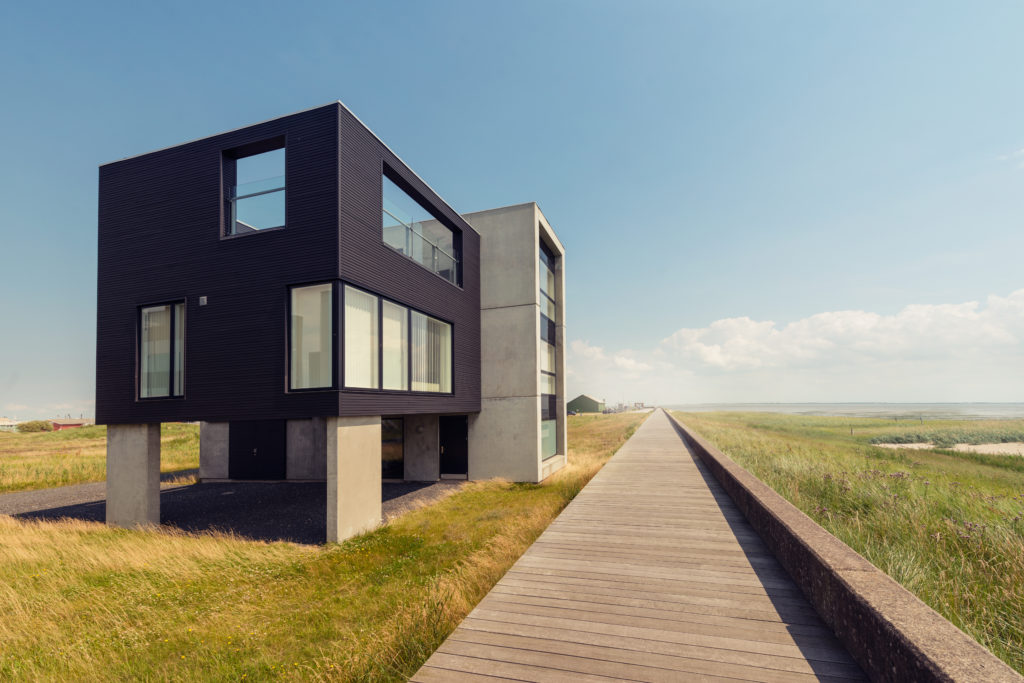Published: 18.04.2019
The European Commission recently presented its strategic vision for a carbon neutral Europe by 2050. Delivering low carbon and low-cost heating innovation is necessary to reach this goal. The European Union is proactively supporting innovative heating technologies through initiatives such as PACE, a five-year project aimed at deploying Fuel Cell micro-Cogeneration technology across Europe. This technology allows consumers to produce heat and electricity from a single fuel.
However, heating innovation should not be the privilege of households connected to the gas grid. It’s often difficult for consumers in rural areas to find an alternative sustainable replacement for oil heaters used in existing buildings.
Supported by PACE, the German clean technology company SunFire aims to deploy 500 LPG-operated Fuel Cell micro-Cogeneration units to family houses that are off the gas grid. These units will be sold at competitive prices to rural consumers, who will benefit from high efficiency, reliability and substantial power savings.
The possibilities for heating innovation off the gas grid do not end there. With LPG readily benefiting from strides achieved in gas heating innovation, possibilities for rural consumers are particularly significant.
For example, the Freedom project, an initiative led by Western Power Distribution in the UK, has demonstrated the potential of hybrid systems that combine LPG boilers and heat pumps to replace direct electric and solid fuel heating. Those hybrid LPG systems were found to deliver not just cost savings but also a 69% carbon saving compared to pre-hybridisation performance.
Hybrid systems, micro-Cogeneration, and other technologies such as gas absorption heat pumps provide a viable option to decarbonise homes off the gas grid, by using existing infrastructure and LPG. This is particularly attractive for older and leakier houses that are harder to treat, many of which are located off the gas grid in Europe. As lower carbon options such as BioLPG develop, using technology that allows for optimal efficiency will be key.
Ultimately, the energy mix needed to decarbonise homes off the gas grid will certainly vary among European countries, based on building stock, geography and markets. However, it is certain that technology and innovation will be central to the change needed.
To drive this debate, FREE is publishing EU country sheets to raise awareness on the off-grid heating challenges in different Member States.


Recent Comments